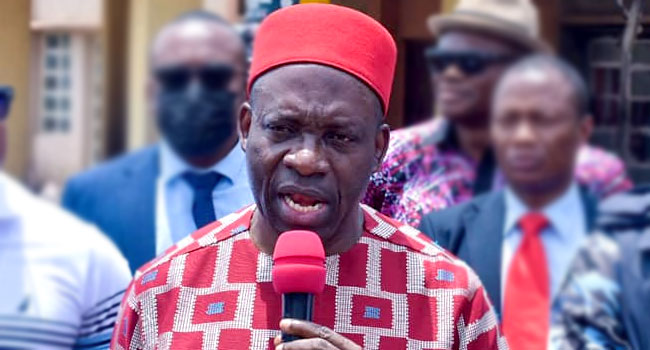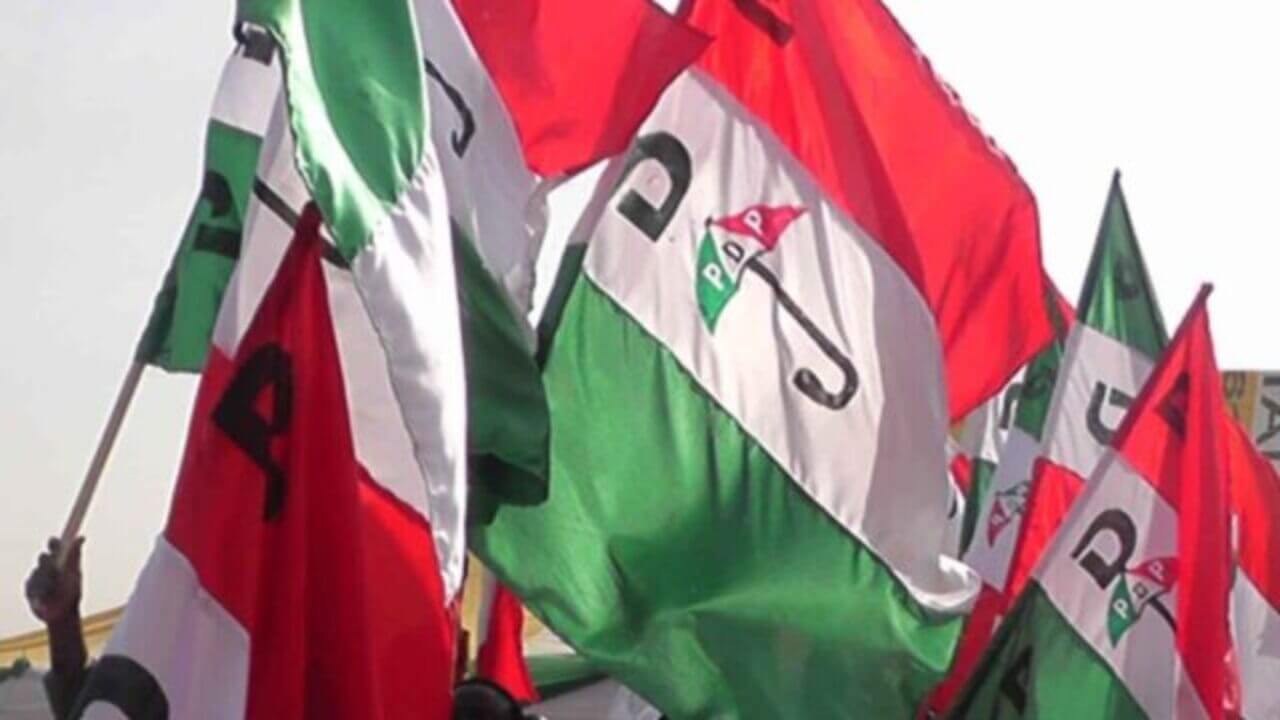Any and every measure that will help to strengthen Nigeria’s unity in diversity is desirable and should be pursued. To that extent, the recent return to the old national anthem, which President Bola Tinubu considered desirable for the country currently under his charge, is not a bad development. However, it should not have been a decision taken by a few people, no matter their positions in governments. Final decision on such an important national issue should have been a reflection of the wishes of the majority of Nigerians expressed during open nationwide consultation in a democratic government like ours.
An anthem is described as ‘a rousing or uplifting song, identified with a particular group, body, or cause.’ It is a patriotic song, symbol of a group. To the extent that it is intentionally conceptualised to lift the spirit and rouse to action, an anthem may be described as spiritual, which explains some of its synonyms being ‘hymn’ and ‘chant’. As the official song of a group, an organisation, a nation, or a country of nations, anthem expresses, among other noble intentions, their aspirations – what they are and what they aim to be. As an encapsulation of both the vision and the mission of a nation, ‘a national anthem is one of the instruments of modern government’, according to Professor Dan Izevbaye et al. in their thoughtfully written Op-ed on this topical issue. This may explain Tinubu’s long expressed interest in the content of Nigeria’s national anthem.
In a television interview in about the time of his campaign to become president, he said if he had his way (and he has it now since 29 May, 2023), he would ‘bring back our old, first national anthem that describes us much, much better (as) it is about service, diversity, commitment, value addition…’ He is not alone in this line of thought. The 2014 National Conference, ‘convinced that diverse though we may be, we are better off together, and that united, we can surmount every obstacle and fulfill our great national destiny’, proposed a 20-article Charter for Reconciliation and Integration that includes reversion to the 1960-1978 national anthem ‘which embodies unity, peace, and prosperity.’
In comparison with the words and purpose of the ‘Arise O Compatriots’ anthem that was adopted in 1978, The Guardian is of the opinion that the ‘Nigeria We Hail Thee’ anthem is better. To that extent, we agree with the president’s position, but we do not agree with the process by which he achieved the return to the old anthem.
Criticising the reversal, Izevbaye et al noted that some words like ‘tribe’ and ‘brotherhood’ in the foreign-conceived anthem are derogatory, and, according to Dr Anthony Akinwale, such words are gender insensitive. Unfortunately, that is what happens when and where an idea is not indigenous in its conceptualisation. Other people, including Governor Seyi Makinde of Oyo State, Senator Shehu Sani, and Public Affairs commentator, Cheta Nwanze, do not believe that change of anthem should be a national priority in the face of the current terrible socio-economic situation in the country. However, some eminent citizens, including the Senate President, Godswill Akpabio, Deputy Spokesperson of the House of Representatives, Philip Agbese, and popular lawyer, Mike Ozekhome (SAN), who also support the return to the old anthem, believe that it has better lyrics in context and content. According to them, the decision resonates with citizens from all walks of life and is a major step towards Nigeria’s return to the glorious days when the economy worked, infrastructure was the in thing, and our educational system was among the best.
Chairman of the Federal Civil Service Commission, Prof. Tunji Olaopa, justified Tinubu’s decision, saying government needs an arsenal of ideological weapons to ground its development, and the national anthem is one of such potent templates. According to him, government everywhere needs symbolic gestures and policies that require that citizens trust their government. If the professor is right, it is necessary to add that trust needs, first, to be consistently and justifiably earned to be mutual, and second, that it is a mutual deal whereby the government must in turn trust the citizens. A government’s expectation that the citizens should trust it to do what is right must be complemented by the government’s trust in the citizens to, as stakeholders in the Nigerian project, be consulted to be able to make contributions in a public discourse on a crucial matter like their country’s national anthem. ‘The national anthem belongs to all of us, however, it cannot be truly said that the people were carried along in the process that led to this reversal,’ Dr Akinwale said, and he is right.
The Tinubu government failed the citizens in this respect despite the advice by the Attorney-General of the Federation and Minister of Justice, Lateef Fagbemi (SAN), that there should be wider consultation. And this is one of the causes of the avoidable fuss. To Fagbemi, the outcome of the process should be a true reflection of the wishes of the majority of Nigerians. We agree with him. Akinwale lamented that for the second time in Nigeria’s history, a few persons changed the national anthem without carrying the people along. We say that if this happened wrongly under a dictatorial military government, it should not happen in a democratic government. It is wrong.
We also note the haste in which the reversal was done in the National Assembly that is not known for quick response to issues. The House of Representatives held its second reading of the bill on May 23, 2024, with the intention to subject it to a third reading and then forward it to the Senate for concurrence. From there it would go to the Presidency for assent or otherwise. Within seven days, President Tinubu reportedly signed it into law on 29 May. It will be good if the federal legislature can so promptly perform its other constitutional duties. We assert that observing the due process in all that we do in governance or in our national life is one of those things that will make democracy to endure in Nigeria. That is what will earn us respect as a people and enhance cohesion in the country.

 5 months ago
29
5 months ago
29















 English (US) ·
English (US) ·